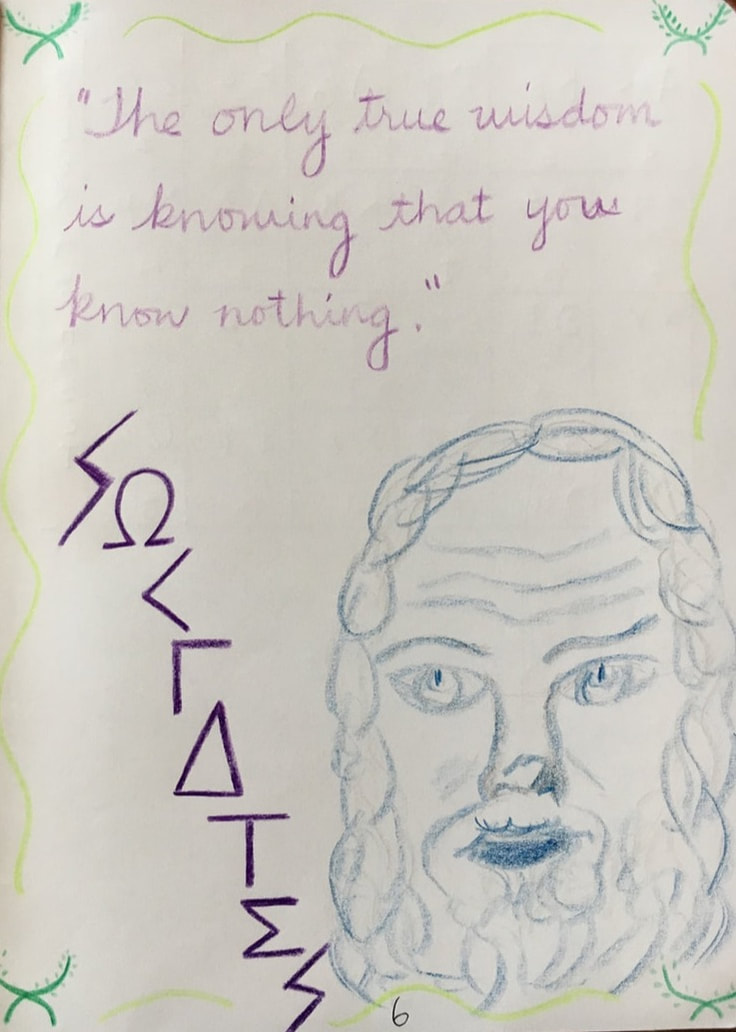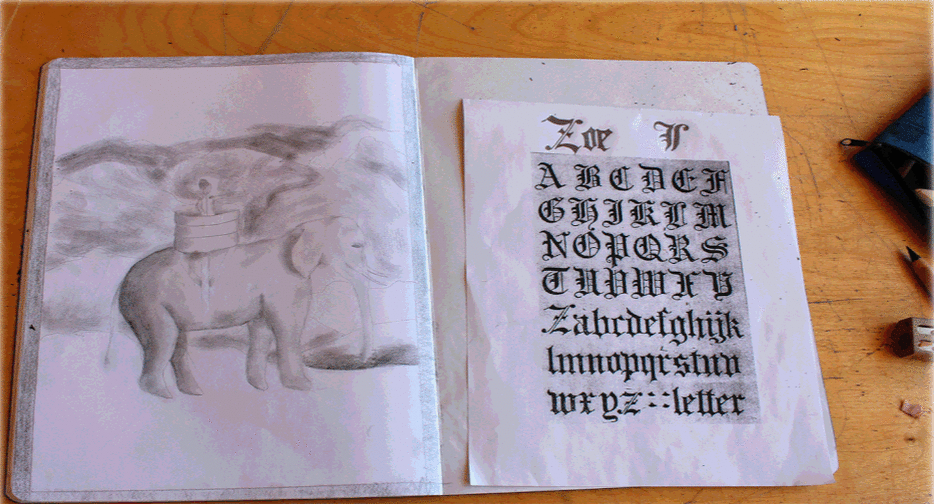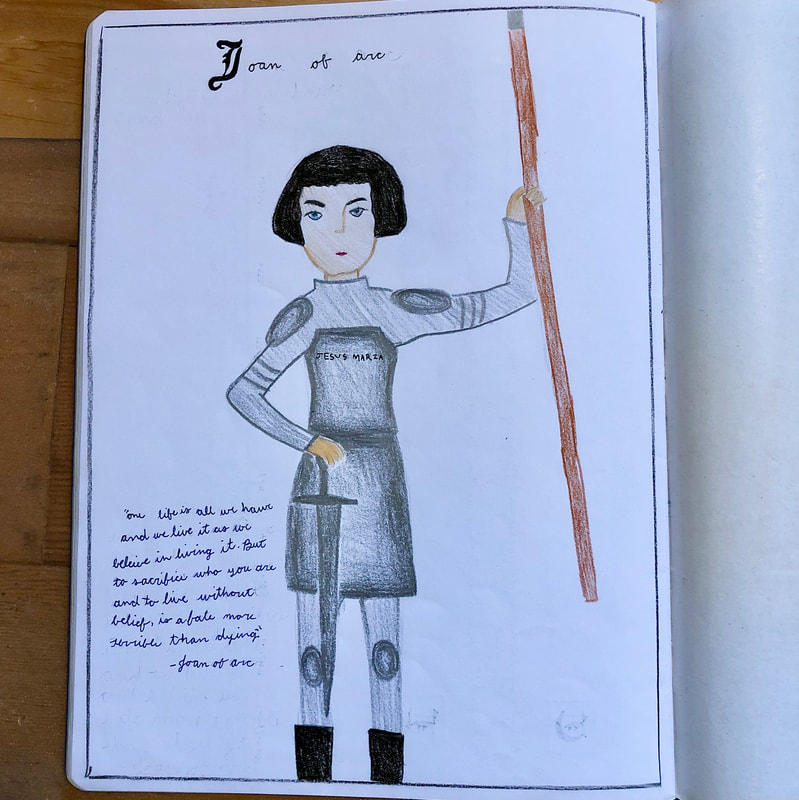|
The most important way that history is shared is through story. Just think of the thousands and thousands of years of our history, where people shared stories around the fire, passed down from generation to generation. Daily Wonder, recommends using the oral tradition as much as possible to impart wisdom to your child. For parents, this means reading stories ahead of time and having the time to learn them by heart. If this is impossible with your lifestyle, that's ok because you can also read it once and gain a heartfelt feeling for the message. When you do read it to your child, it will already be living in your heart. When a story lives in the storyteller's heart, the listener receives the story that much more deeply. Stories speak directly to our feeling realm and exercise our imagination. Children learn best when their feelings are activated. Stories are an incredible way to deliver knowledge and wisdom. Daily Wonder follows Waldorf curriculum, and the first aspect of history from grades 1-4 comes through indigenous stories, folktales from around the world, ancient mythology, and religious stories. As children are still young and dreamy at this stage, our purpose for history is to nourish the child's soul with these deep and rich myths and tales. In this way, the child receives deep human wisdom from our ancient ancestors, which is culturally diverse in perspective. However, common themes are always apparent as well. The stories are not dissected and analyzed at this age; they are simply left to resonate. One could envision these stories as seeds of wisdom being planted in the child's soul to be brought into their mental life at the appropriate age. The grade 5 year is when the child is ready to shift from mythology to history. The transition takes place over the year. We begin with the myths from Ancient India, Persia, Mesopotamia, and Egypt. Then, toward the end of the year, the child studies Greek mythology. This final study of mythology is the bridge to studying Ancient Greece. Now the child is being introduced to the humans who have greatly impacted our world. They now hear biographies instead of mythologies. They learn about famous Greek philosophers, mathematicians, leaders, and playwrights, which sets the stage for the rollout of history over grades 6 and 7. In grade 6, history covers the rise and fall of the Roman Empire and Medieval Times. Grade 7 covers the late Middle Ages, the Renaissance, and the Age of Cultural Encounters. The child meets each new stage of history at a time when they can also relate to this inwardly. For example, the grade 5 year is often referred to as the Golden Age of Childhood, where the 11-year-old child is gracefully poised and balanced in their body. They are no longer a young child, and they are not in puberty yet. This grace is a small reflection of the Golden Age experienced in Greece, where art, science and architecture all came together in a beautiful and balanced expression. One can make similar connections to the study of Rome and the advances in logic and law and order that came about at this time. The 12-year-old child is very much interested in logic and order, as well as debating and arguing! When the child is introduced to the Age of Cultural Encounters in grade 7, they are in the midst of puberty. The child can resonate with the theme of discovery and new encounters. This is the stage in history where overseas exploration began, and young men and women were setting sail, travelling far away from home, unsure of what lay on the other side of the ocean. There is a level of excitement, adventure and anxiety that the child can understand.
Daily Wonder guides the parent to deliver history in a heart-centred way. As the child reaches age 11 and onward, the level of sophistication increases, and lessons are brought into a more analytical space so the child can exercise logic, engage in debate, and develop the ability to express thoughts verbally and in written format. As teachers, what we have seen repeatedly over the years, is that when history is brought to the child at the developmentally appropriate time, the child is interested and engaged in the subject matter. They are open to receiving this knowledge and wisdom because it resonates with their own inner experience.
0 Comments
Leave a Reply. |
BlogExplore schedules, rhythms & routines, songs, music, festivals, free play, meals, projects & more to support your homeschooling program.Categories
All
Archives
July 2024
|
You might be wondering... |
Visit us on Teachers Pay Teachers© COPYRIGHT 2020. ALL RIGHTS RESERVED
Serving your worldwide educational needs from Comox Valley, BC, Canada. |





 RSS Feed
RSS Feed